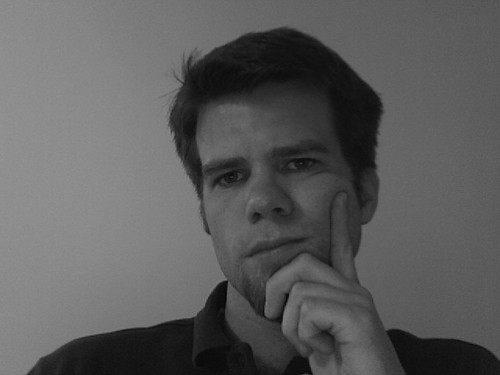Do You Want a Revolution? (Part 2)
So, I couldn't put Revolution down yesterday. It was a very thought provoking book. My main lingering concern/criticism is that he seems to make a lot of general assertions about what the Bible does or does not say without really going into it in much depth. He also doesn't cite the research data that he talks so much about in very much depth. I was definitely interested, but I would have liked for him to have gone deeper.
Here are a couple of the quotes that particularly caught my attention:
- They (Revolutionaries) are seeking a faith experience that is more robust and awe inspiring, a spiritual journey that prioritizes transformation at every turn, something worthy of the Creator whom their faith reflects (14).
- One of the most important lessons I've learned from studying the words of Jesus is that He loved fruit. Not the kind you pick off trees or vines, but the kind that's evident in the life of a person whom He has changed. He made very clear that the proof of people's faith is not in the information they know or the religious gathering they attend, but in the way they integrate what they know and believe into their everyday practices (25).
- being part of a group that calls itself a 'church' does not make you saved, holy, righteous, or godly any more than being in Yankee Stadium makes you a professional baseball player. Participating in church-based activities does not necessarily draw you closer to God or prepare you for a life that satisfies Him or enhances your existence (36-7).
- Americans are used to controlling their lives. What makes Revolutionaries so bizarre is that they admit they do not have control of their lives and they are not seeking to attain control. Who else would you want controlling your life besides the God of Creation (82)?
- Let me also point to a major reason why most local churches have little influence on the world is that their congregants do not experience this transformation in identity. Our research indicates that churchgoers are more likely to see themselves as Americans, consumers, professionals, parents, and unique individuals than zealous disciples of Jesus Christ. Until that self-image is reoriented, churches will not have the capacity to change their world. After all, a revolution is a dangerous and demanding undertaking; it is not for the minimally committed (87-88).
Barna makes some powerful arguments. He also raises some disturbing questions for local churches. The first question that comes to my mind is: Why are local churches no longer helping people who make a profession of faith in Jesus Christ become deeply committed Christians? Or, is Barna even right in arguing that local churches typically are not leading members into deeply committed faith?
What should a local church do to address the committed members of the congregation who may not be living lives that reflect that their faith is their number one priority?
Do you think Barna is right, will more and more people leave the local church in favor of the "mini movements" that he writes about?
What do you think?

No comments:
Post a Comment